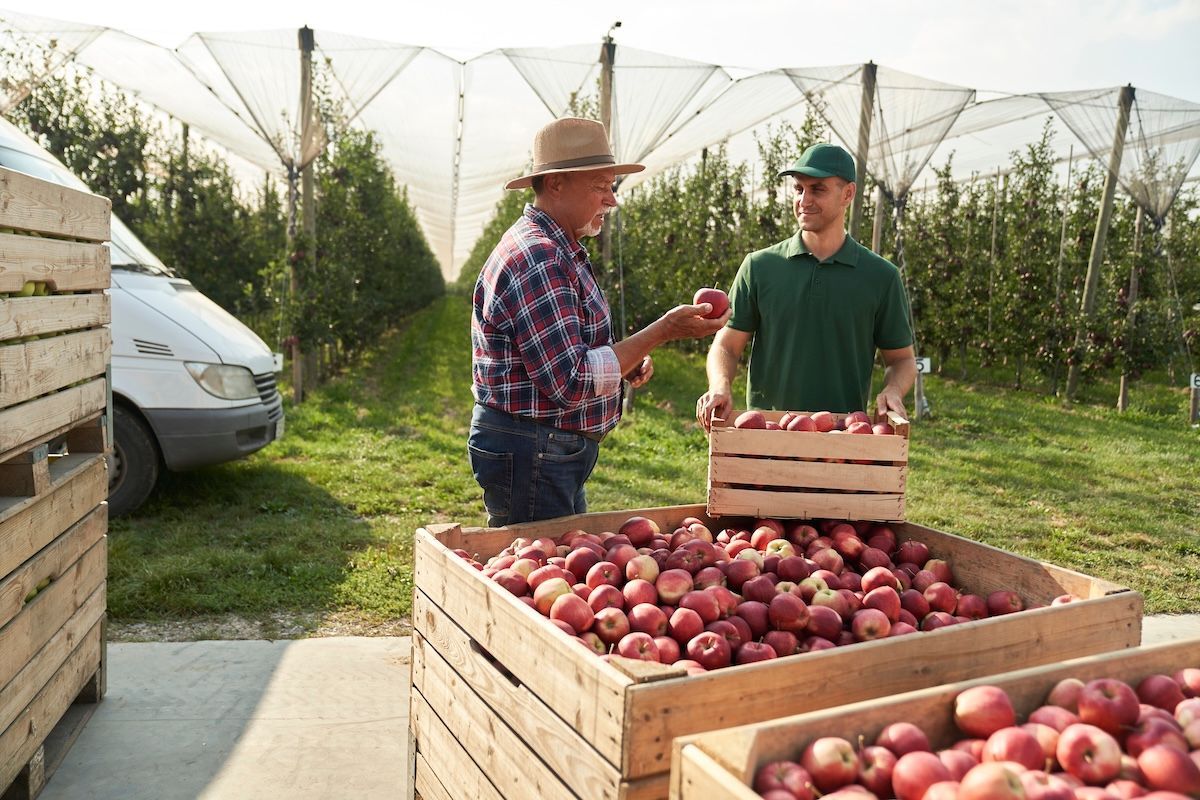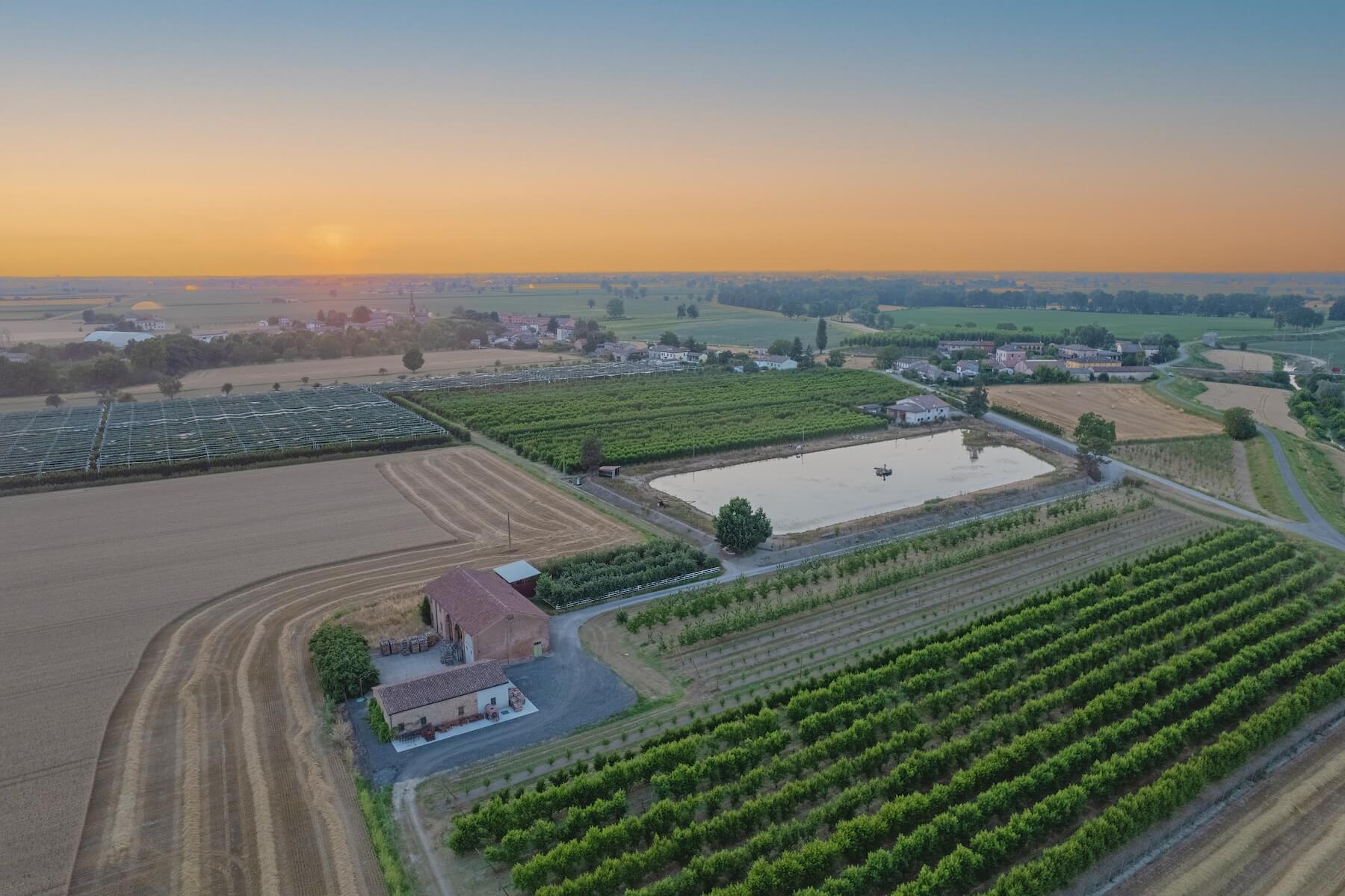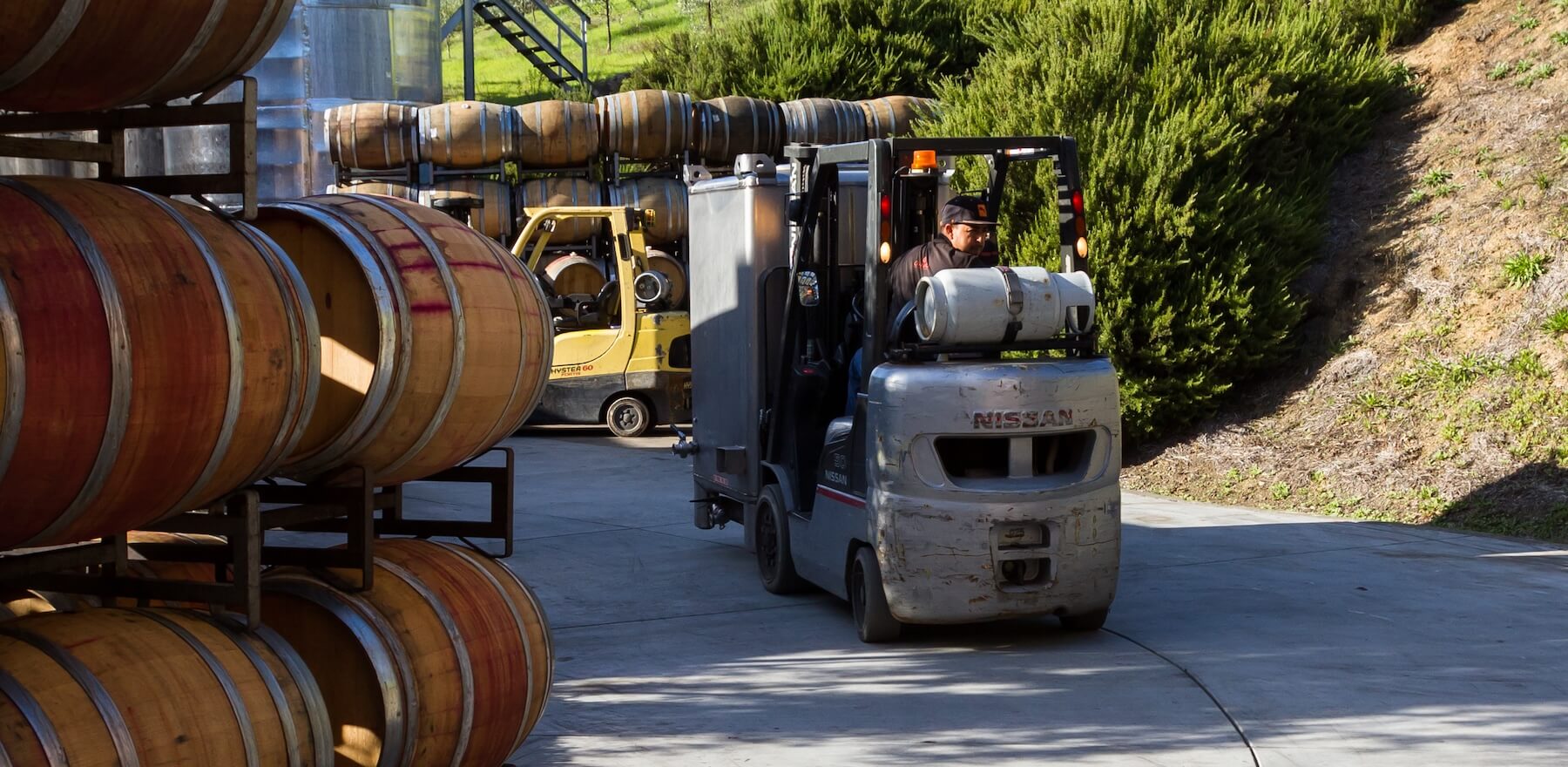Cider production has seen a resurgence in recent years, mirroring trends observed in the craft beer and artisanal spirits arenas. With an increasing number of consumers seeking out local, small-batch beverages, opportunities abound for those in the bev-alc industry who want to diversify their offerings.
There are many similarities in the processes and skill sets involved in making beer, wine and hard cider, and cider can be a natural progression for breweries and wineries looking to diversify. In fact, we learned at CBC last week that 80% of U.S.-created ciders are made by craft beer or wine producers. However, launching any new product, particularly in the heavily regulated bev-alc industry, requires careful planning and an in-depth understanding of compliance requirements.
Let’s explore some considerations wineries and breweries should examine before entering into the world of hard cider production.
Where the Apple Ends and Cider Production Begins
Much like its bev-alc counterparts, cider production varies considerably depending on available apple varieties, cider-making techniques and the fermentation process. While any new venture may seem daunting, it also offers breweries and wineries an exciting opportunity to tap into a burgeoning market.
Cider production begins with selecting and sourcing quality apples, a task that requires a keen understanding of varieties and their individual flavor profiles. (Sound like grapes or hops to you?) The apples are pressed and the juice is collected for fermentation. Once the fermentation process is completed, the juice is matured, often in oak barrels, to allow for flavor development and to smooth out any harsh off-flavors. Then it’s time to bottle, can or keg the new cider.
Though this process mimics brewing and winemaking, it presents its own unique challenges and considerations. Agile beer and wine producers can capitalize on their existing knowledge, capabilities and infrastructure and seamlessly venture into hard cider production.

Fermenting a Transition From Beer to Cider
The progression from beer to cider production might seem fairly straightforward because of overlaps between brewing beer and producing cider. It’s important, though, for craft breweries to learn about cider’s distinct differences and devise a solid plan before they go apple picking.
Where should your brewery start? Here are some ideas.
- Leverage your existing equipment and make room for new. Most breweries already have fermentation, packaging and distribution capabilities in place, which can be utilized effectively for hard cider production. However, you may need to add specialized equipment for pressing apples and handling fruit mash to your production floor.
- Master the art of cider’s unique fermentation process. Like brewing a special and memorable craft beer, cider takes time and careful attention. Cider fermentation is usually slower than beer’s, but it can be controlled by closely monitoring temperature and yeast strains.
- Understand and implement cider-specific reporting regulations. Cider is regulated like wine, so there’s often a learning curve for craft breweries with no experience in those categories. Breweries need to become well-versed with all TTB regulatory provisions pertaining to cider production, which affects taxes, advertising and labeling rules.
Growing Your Product Line From Grapes to Apples
Winemakers and vineyard managers share a lot of commonalities with cidermakers and apple growers. Soil quality and irrigation require meticulous monitoring, and the fruit must be protected from pests and extreme weather conditions. Because of this and how hard cider is classified the same as wine by the federal government, wineries may be well-positioned to expand into cider production.
For wineries taking the leap into cider, consider these focus areas before making your move:
- Maximize the use of your existing infrastructure. Evaluate ways to utilize existing fermentation equipment and bottling facilities. Vineyard acreage can be converted to apple growing, and your team can apply current agricultural techniques to apple farming.
- Build on the art of creating a product from vine to bottle. Draw upon winemaking techniques and your background of creating products with a complexity of flavors. This kind of expertise can be a differentiator among your competitors in the cider market.
- Investigate new regulatory requirements. Despite cider and wine sharing taxation laws, there may be other regulations around the types of apples used and alcohol content levels. Do your due diligence to ensure you are meeting all TTB requirements.
If implemented correctly, cider production can help breweries and wineries quickly expand into new markets and open opportunities for growth. Product diversification enables you to reach new customers and create additional revenue streams for your business.
Leverage Leading Technology for Efficient Hard Cider Production
As the bev-alc industry continues to evolve, beverage producers are increasingly on the lookout for ways to optimize operations, manage regulatory compliance and improve visibility across their business. An end-to-end enterprise resource planning (ERP) platform that manages multiple beverage categories can help improve efficiency and create more predictable business outcomes.
The Role of Bev-Alc ERP Software
Bev-alc ERP software offer breweries, wineries and cideries the ability to manage all aspects of production, sales and finance from a single, integrated solution. Benefits for a total solution for multiple product categories include:
- Streamlined Operations: From inventory management to procurement, a comprehensive ERP system covers all aspects of a beverage production business with a customizable dashboard to monitor performance in real-time.
- Automated Compliance Reporting: Most ERP systems for the bev-alc industry can generate necessary tax reports specific to the product type, directly boosting regulatory compliance – and minimizing the associated headaches.
- Greater Visibility: ERP systems provide valuable insights into every area of operation across your business, allowing for more informed decision-making and profitability analysis.
- Increased Product Diversification: For companies producing multiple types of alcoholic beverages, a total beverage ERP system helps manage complex product diversification including recipe management, product lifecycle tracking and reporting.
Product Expansion and Market Opportunities
With new market opportunities presented by cider production, leveraging the power of technology is vital, not just for operational efficiency, but also for market penetration. It’s important for any expanding beverage business to find a solution that is both agile and user-friendly
When it comes to a brewery or winery expanding into cider production, it’s important for your business management software to help you:
- Adapt Product Lines: A comprehensive ERP platform enables you to manage and track the production of beer, wine and hard cider concurrently, while keeping costs in check.
- Uncover Market Trends: ERP software provides crucial insights about the most efficient allocation of resources based on market analysis and greatly aiding in diversification strategies.
- Ensure Regulatory Compliance: ERP systems help in navigating the complex regulatory landscape of cider and other beverage production, preventing costly non-compliance mistakes.

Fort Point Beer Co.’s Cider Expansion Experience
#CraftedCommunity member Fort Point Beer Co. knows a thing or two about growing a craft beer business to include cider production. In 2023, the San Francisco-based brewery saw a growth opportunity in their region and launched a line of hard ciders. How did they manage the complexity of a totally new product line? With Crafted ERP BevX, a scalable, multi-category solution that helped them seamlessly handle craft beer and cider production.
As CFO and Director of Innovation Mike Schnebeck explained, “As Fort Point was branching out into cider, it was really great to be able to keep all of the same compliance, production and workflows within Crafted. For us, branching out into cider was really a matter of learning how to make it right, the back-end stuff was already there.”
Justin Catalana, Fort Point CEO and co-founder, added, “Crafted was able to adapt in the ways we needed it to adapt, and it was really straightforward to start processing cider through the software.”
Indeed, the implementation of a comprehensive, multi-category ERP solution can prove instrumental for any beverage producer looking to diversify. It ensures efficient operations, provides accurate and timely reporting and captures lucrative market opportunities.
Total Software for Total Beverage
The expansion into cider production offers an exciting opportunity for breweries and wineries to diversify their product offerings and tap into a growing market. By capitalizing on existing infrastructure and applying existing expertise of fermentation and production, you can smoothly transition into the hard cider market.
It’s important, though, to employ modern technology that can manage multiple categories and compliance regulations. Crafted ERP BevX is the only solution on the market that can unify production and management of all bev-alc categories on a single platform. Whether you start with beer, wine, spirits, RTD or ciders, Crafted ERP BevX has the inherent ability to expand into whatever you dream up next.
Ready to shake the tree? Contact our team now.





